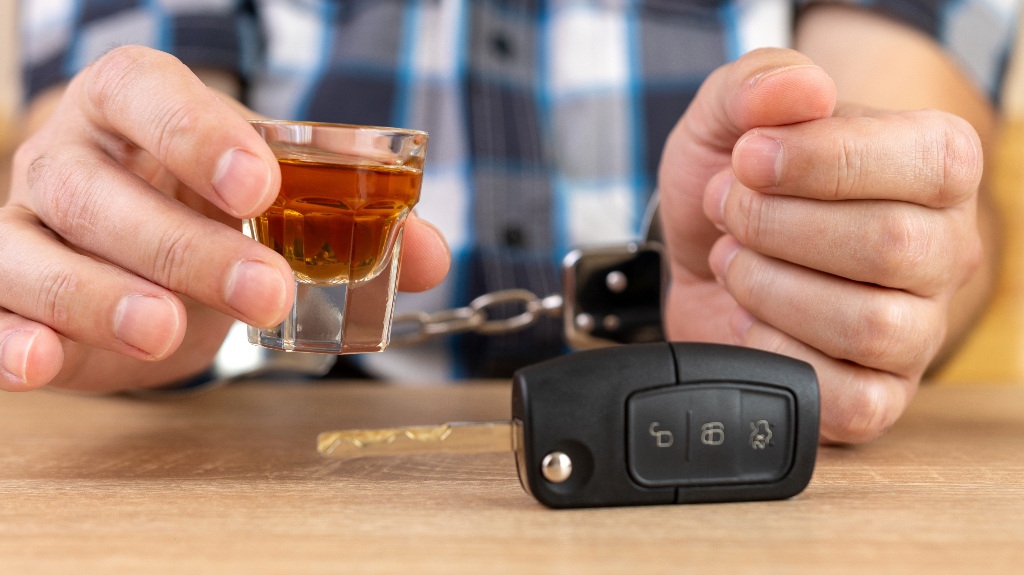
A driving under the influence (DUI) charge has very strict consequences in Texas. Some potential consequences for a DUI charge include large fines, license suspension, and potential jail time. The specific consequences depend on the factors of the offense such as blood alcohol concentration, aggravating factors, and any prior offenses. In some DUI cases, it is possible to negotiate for lesser charges. In this blog, we will explore what a DUI charge in Texas could potentially be reduced to and the factors that influence these reductions.
Potential Reductions for DUI Charges
Depending on the circumstances involved in a DUI charge in Texas, the charge can be reduced through plea bargaining. Plea bargaining is where the defendant and prosecution negotiate a deal that usually benefits both parties and can result in a lesser charge.
Here are some of the common reductions for a DUI charge:
- Reckless Driving: A common reduction of a DUI charge is reckless driving. This is a less serious offense and does not have as many long-term impacts on the individual’s record.
- Deferred Adjudication: This is where the court agrees to dismiss the charges if the defendant completes probation without any other incidents. While undergoing probation, the defendant has to follow strict guidelines such as avoiding alcohol, completing alcohol education courses, or community service. Once completed, the charge will be dismissed, but it may still be on the person’s criminal record.
- Pretrial Diversion Programs: These are programs in Texas jurisdictions available to first-time offenders or those with a minor criminal history. By completing these programs, defendants can get their charges dismissed if they complete treatment, counseling, or educational programs. Once completed, the charges will be dismissed and no conviction will be recorded. This is only available in certain jurisdictions and cases.
Factors Influencing Reductions
The factors surrounding a DUI charge play a big part in determining whether or not the charge can be reduced. One factor is if this was a first-time offense or a repeat offense. The likelihood of a DUI charge being reduced is significantly higher for first-time offenders compared to repeat offenders. The court may view a first-time offender case as a one-time mistake and give them the benefit of the doubt, unlike repeat offenders.
Another factor is the circumstances surrounding the arrest. Some circumstances that can make it harder for a DUI charge to be reduced are if the individual’s blood alcohol concentration was way over the legal limit, if they were not cooperative with law enforcement, or if someone was injured due to the defendant’s actions.
The strength of the evidence against the defendant is also key for potentially reducing charges. For instance, if the defense can present evidence that questions facts surrounding the charge such as a faulty breathalyzer or violations of defendant’s rights, this can lead to a charge
The Role of an Attorney in Reducing DUI Charges
If a defendant is looking to get their DUI charge reduced, it is almost impossible to do so without proper legal representation. In Texas, it is vital to have a skilled attorney on your side when facing a DUI charge. Attorneys have the ability to negotiate plea deals with prosecutors by leveraging their knowledge of the legal system. Some common strategies that attorneys use to reduce a DUI charge are challenging the legality of the traffic stop, questioning the accuracy of test results, or emphasizing the defendant’s steps toward rehabilitation. These are all critical components of reducing a DUI charge that would otherwise be very difficult for the defendant to negotiate on their own.
Securing the Best Outcome for Your DUI Case
A DUI charge is a serious criminal offense in Texas, however, it is important to be aware of the potential for reductions. Whether it’s a plea deal for reckless driving or entering a diversion program, there are options available that may help reduce the charges in a DUI case.
If you are facing a DUI charge and are looking to get it reduced, it is extremely important to seek the guidance of an experienced attorney. An attorney can help negotiate plea deals and use their expertise to take the best course of action with your case. Don’t face this challenge alone. Contact C.L. Swisher Legal Group today for a free consultation. We are committed to protecting your rights and helping you achieve the best possible outcome in your DUI case.

